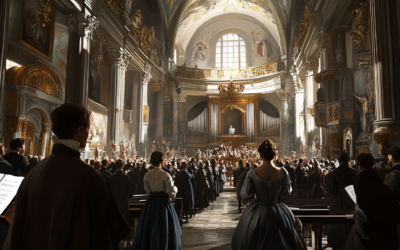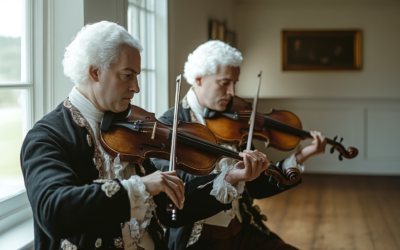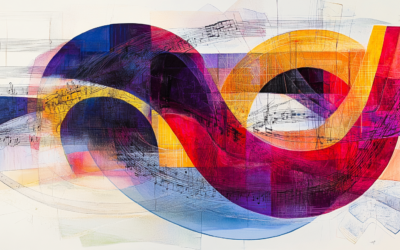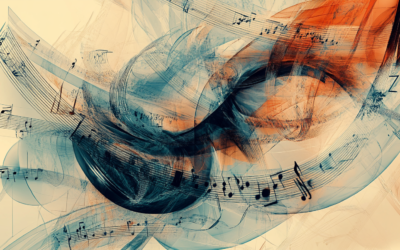Teaching Mozart at Bocconi University
A Fresh Look at Word and Music
We delivered a four-hour lecture on Mozart at Bocconi University, showcasing unpublished music by Gasparini, Gatti, and Tozzi while comparing textual and musical treatment with Mozart’s works. Unseen variants from Le Nozze di Figaro were also revealed.
Mozart: The Fall of the Gods
This book offers a fresh and critical look at the life of Wolfgang Amadeus Mozart, challenging the myths that have surrounded him for centuries. We strip away the romanticised image of the “natural genius” and delve into the contradictions within Mozart’s extensive biographies. Backed by nearly 2,000 meticulously sourced citations, this work invites readers to explore a deeper, more complex understanding of Mozart. Perfect for those who wish to question the traditional narrative, this biography is a must-read for serious music lovers and historians.
"Unseen musical and textual variants from Le Nozze di Figaro manuscripts, presented for the first time, brought a fresh perspective to Mozart’s treatment of words and music."
@MozartrazoM
We recently had the honour of giving a four-hour lecture on Mozart at the prestigious Bocconi University in Milan. The lecture focused on the intricate relationship between words and music, delving into how composers of the Classical Period treated texts in their operas. We were excited to present previously unheard music by Quirino Gasparini, Luigi Gatti, and Giuseppe Tozzi, comparing their treatment of texts with that of their contemporary, Mozart.
The lesson also explored the textual challenges found in Mozart’s works, particularly focusing on previously unpublished variants of both text and music. These variants were sourced directly from manuscripts of the first performance of Le Nozze di Figaro in Vienna, shedding new light on this iconic work. The lecture was met with great enthusiasm, as a large group of students actively engaged with the discussion and the unique materials we presented.
You May Also Like
The Forgotten Viennese Quartets
Attributing Offertorium K.34 to Mozart is not just misleading, it reflects the careless methods used by 19th-century scholars to inflate his legacy. Without an autograph or solid evidence, this work should not be considered part of his output.”
The Questionable Attribution of Mozart’s Offertorium K.34
Attributing Offertorium K.34 to Mozart is not just misleading, it reflects the careless methods used by 19th-century scholars to inflate his legacy. Without an autograph or solid evidence, this work should not be considered part of his output.”
The Mysterious Case of Mozart’s Duets: An Unfinished Story
Mozart’s string duets have long been shrouded in mystery, from his father’s heavy influence in 1768 to his supposed act of charity for a dying Michael Haydn in 1783. These unfinished works reveal more about the composer’s life and struggles than they do about his musical genius.
The Misattribution of Mozart’s K.2 89a (K.6 73i): A Questionable Canon
K.2 89a (K.6 73i), attributed to Mozart, is riddled with issues—missing voices, incomplete harmonies, and even the absence of text. Should this piece really be in his catalogue?
The Borrowed Simplicity: Mozart’s Canons K.555, K.557, and K.562
The canons K.555, K.557, and K.562, often overlooked for their simplicity, reveal striking similarities with the works of Antonio Caldara. These three pieces, dated 1788, demonstrate how Mozart adapted and simplified Caldara’s contrapuntal structures, masking his influences while reflecting the galant style of the era.
Simplicity, Errors, and the Myth of Perfection
Mozart’s canons are not as complex as often claimed, with notable errors in K.553 and K.554, and the myth of “V’amo di cuore teneramente” K.348 being debunked.







